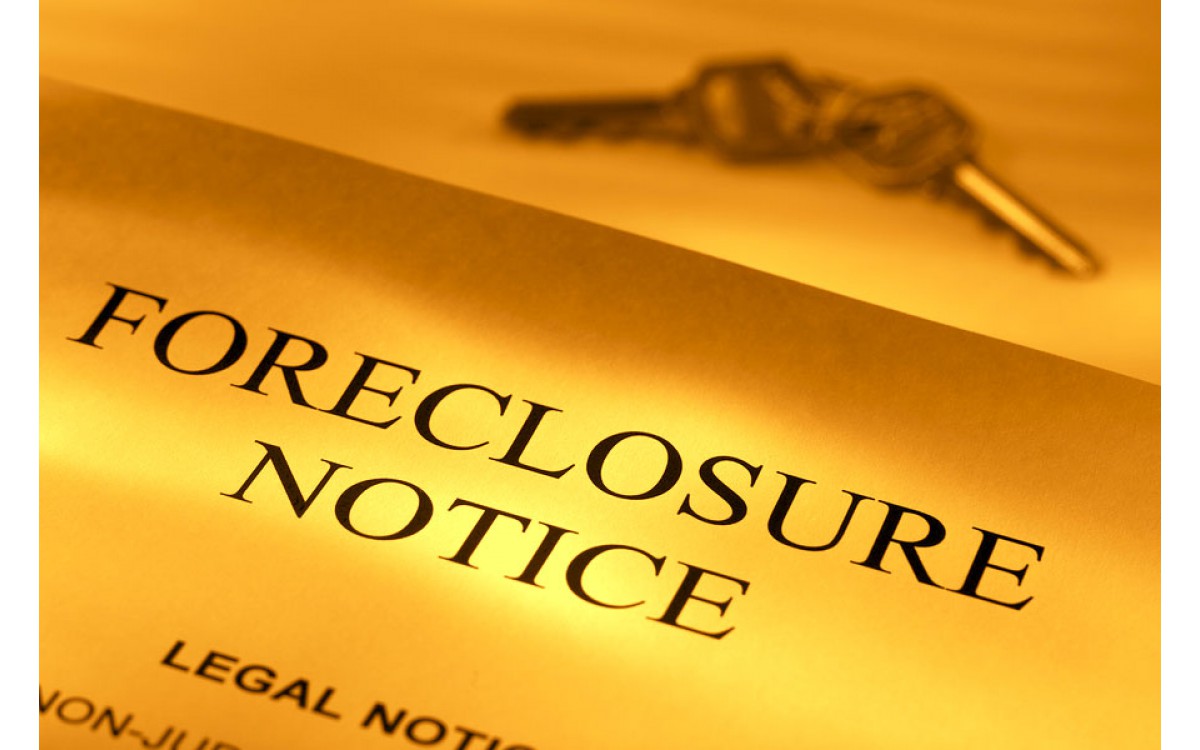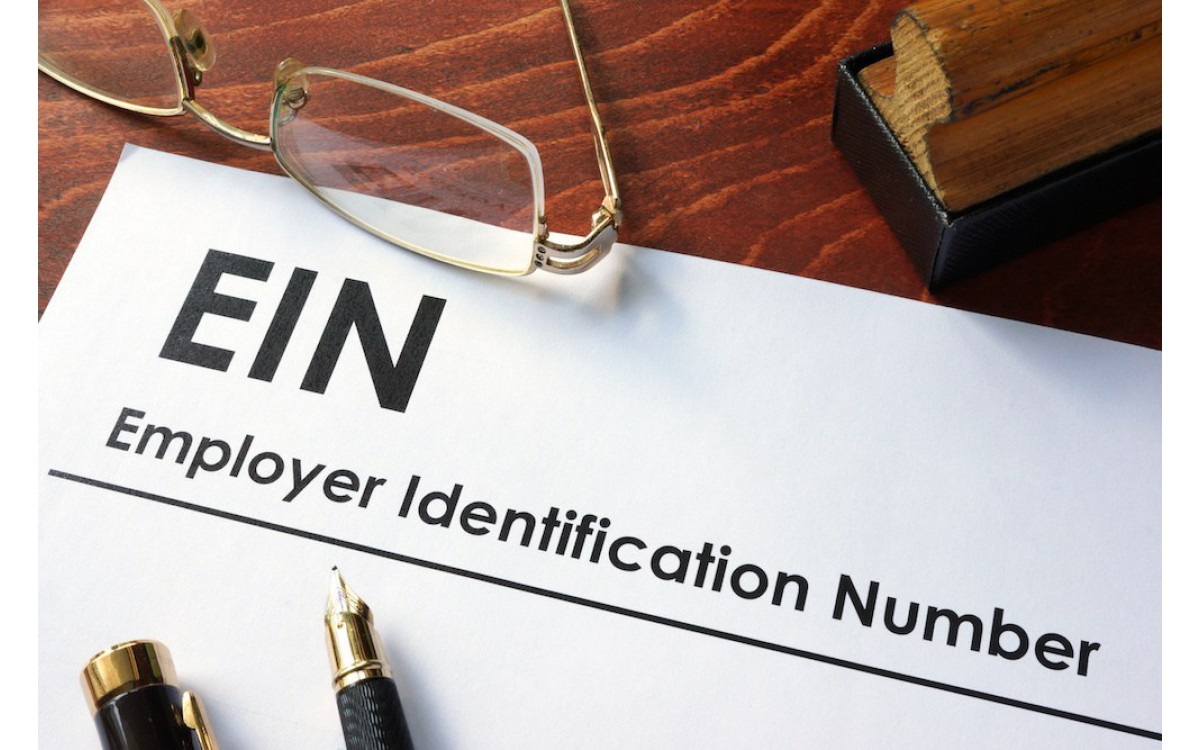Landlord
Foreclosure and Renters’ Rights
You rent an apartment or home and begin to settle in. You consistently
pay your rent on time each month and follow all of the rules established by
your lease. Then you find out your landlord is in foreclosure. In this
situation, some states and local laws may provide protections for renters caught
in a foreclosure action.
As a renter, you should be aware of the following:
Look for notices. If
notices of a possible foreclosure are delivered to or posted on your property,
contact the sender right away and let them know that you are a tenant. You
should also contact your landlord.
Ask questions. You may get confusing information from your landlord about the foreclosure. For example, the landlord may ask you to prepay your rent in violation of your lease or rental agreement. Your landlord may also tell you that the foreclosure is a “mistake,” or say that the problem has been resolved. To be sure, check with the office where deeds are recorded in the county where the property is located. “Land records,” “auditor,” “recorder” or “assessor” are names commonly used to describe the office where a foreclosure notice or other document (often called a “lis pendens”) has been recorded. You may also want to check court filings against your landlord.
Know Your Rights. During the foreclosure
process, you need to know what your options are under your state and local
laws. They can vary greatly from state to state. In order to decide what to do,
you may want to know:
·
How
long the foreclosure may take;
·
How
much time you have to move after a foreclosure sale;
·
If
there are any other specific tenant protections in your state.
Utility shut-offs. If your landlord is
unable to pay the mortgage, the landlord may also not be paying the utilities,
and your utility service may be shut-off. You should immediately contact the
utility and the landlord if a shut-off notice is sent or if your utilities are
shut off. You may be able to avoid the shut-off by contacting the utility and
directly paying them, even if the utilities are in the landlord’s name.
Move. Once a foreclosure sale occurs, you may be
required to move, often in as little as thirty days or less. You should remove
all of your belongings when you move so the new property owner does not take or
destroy them.
Protect yourself. If someone contacts you
claiming to be the new property owner, ask to see documents that show
ownership. Do this before paying rent, signing a new lease agreement, or
allowing them to come inside the property. Scammers review publicly available
foreclosure recordings and may contact tenants living in foreclosed properties
to falsely demand rent.
Negotiate. If the new owner wants you
to move out, ask if they will give you some money to help pay moving expenses.
This is sometimes referred to as a “cash for keys” agreement. Sometimes the
bank or the new owner after a foreclosure sale is willing to do this.
Deposits. If your landlord was not
paying the mortgage, it may be difficult for you to get back any money you paid
to your landlord as a deposit or prepaid rent. If the landlord did not refund
your deposit or transfer it to the new owner after the foreclosure sale, you
may need to take legal action to get back your deposit.
Being in the middle of a foreclosure action is never ideal, but having
the knowledge of how to handle the situation, as a renter, can possibly
alleviate more issues.









